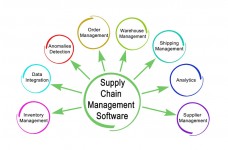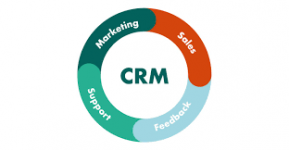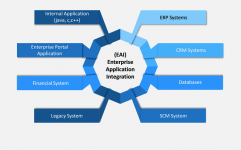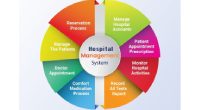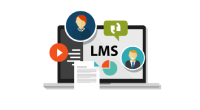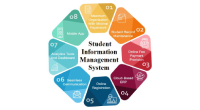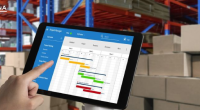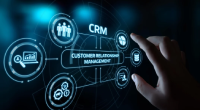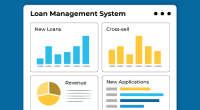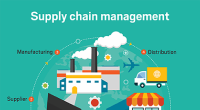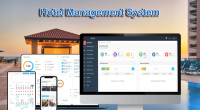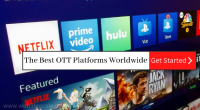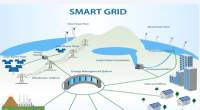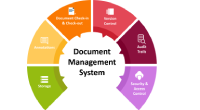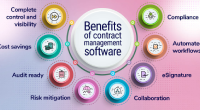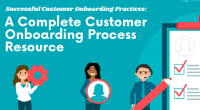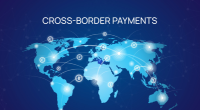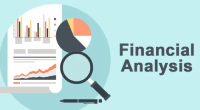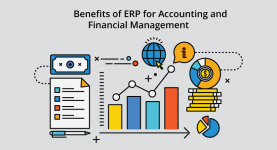
Accounting, or financial management, is a crucial component of any ERP system. It ensures that all financial transactions, including employee payments, vendor bills, and shipping costs, are accurately tracked and managed. As every business process involves the flow of money, this tool seamlessly integrates with other ERP components to provide a unified approach to financial oversight.
ERP accounting tools manage key financial aspects such as accounts receivable, accounts payable, budgets, and costs. By analyzing financial data, businesses can identify spending trends, monitor profitability, and uncover areas for cost reduction. Additionally, the system offers predictive analytics to help businesses forecast future revenue and make informed financial decisions.
In any business, profitability is essential, and accounting within an ERP system directly contributes to maximizing revenue. By integrating financial data with sales, customer relations, and distribution, the system streamlines operations, improves accuracy, and enhances financial reporting. Ultimately, this integration frees up valuable time for employees to focus on higher-priority tasks, boosting overall productivity.
Discover More
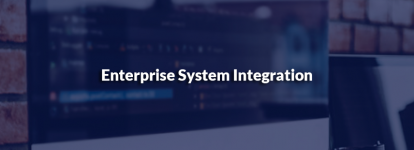





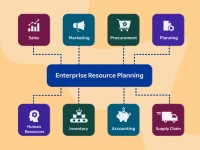
DeGX.png)
